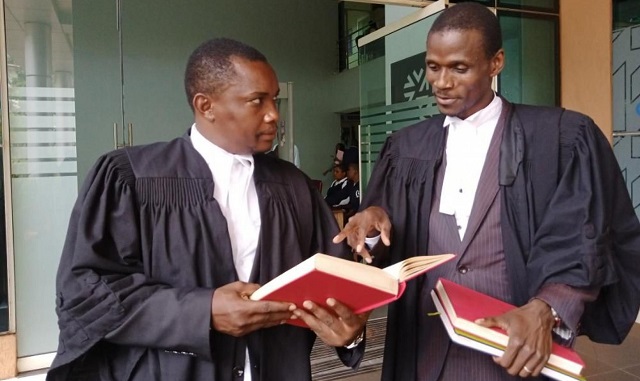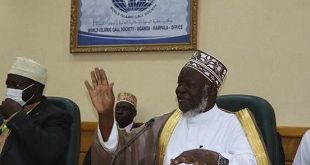
Kampala, Uganda | THE INDEPENDENT | Human rights lawyer Francis Tumwesigye Ateenyi wants the Constitutional Court to nullify sections 168(1) (c) and 168(1) d) of the Penal Code Act. The sections provide for rogue and vagabond offenses. Tumwesigye said this in his submission before a panel of five Constitutional Court Justices led by Fredrick Egonda-Ntende on Monday in his application against the Attorney General filed in 2018.
The other Justices are Elizabeth Musoke, Christopher Madrama, Monica Mugenyi, and Christopher Gashirabake. Sections 168(1) (c) and 168(1) d) of the Penal Code Act jointly state that every suspected person or reputed thief who has no visible means of subsistence and cannot give a good account of himself or herself and is found wandering on any road or highway or in any public place for an illegal or disorderly purpose shall be deemed to be a rogue and vagabond.
The section adds that such a person commits a misdemeanor and is liable for the first offense to imprisonment for six months, and for every subsequent offense to imprisonment for one year. However, Tumwesigye who was represented by Dr. Adrian Jjuuko, the Executive Director of Human Rights Awareness and Promotion Forum-Uganda (HRAPF), said the two sections are unconstitutional.
Jjuuko says that both sections fall short of defining the prohibited conduct and therefore violate constitutional provisions, which demand that criminal offenses must be defined.
“The subsection is so vague that it empowers the police to arbitrary arrest and detain any person that they find objectionable in the absence of a reasonable suspicion and on the assumption of an illegal and disorderly thereby derogating from the constitutional provisions that guarantee equality and equal protection of the law and the right to be presumed innocent,” said Jjuuko.
However, the Attorney General wants the application dismissed on grounds that the police are only obliged to arrest a person who is suspected of committing or about to commit a crime because of its constitutional duty to prevent and detect crime.
He also argues that the said sections do not target the poor and even if it was the case, those arrested can seek redress from a court with competent jurisdiction and not the constitutional court because there is nothing for interpretation. The judges have promised to deliver their judgment on notice.
*****
URN
 The Independent Uganda: You get the Truth we Pay the Price
The Independent Uganda: You get the Truth we Pay the Price


